Xelect and Australis team up to increase feed efficiency
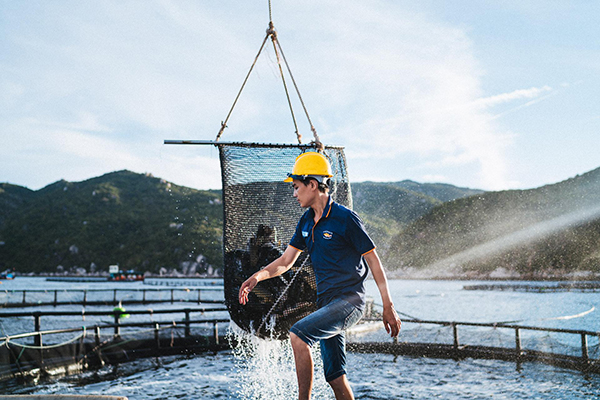
Scotland-based specialist genetics company Xelect said that an ongoing advanced genetics-based breeding program with Australis Aquaculture in Vietnam has resulted in major feed-efficiency gains with barramundi.
The two companies began working together in 2018 to better understand the link between genetics and feed efficiency, or feed conversion ratio (FCR), the standard measurement. FCR is the ratio between the amount of food consumed and the weight gained.
FCR has been difficult to measure in commercial aquaculture settings, the companies said, and researchers have relied on other characteristics like fasting tolerance – the ability to maintain weight when feed is withheld for short periods – as a proxy for FCR.
“Essentially, an individual that spends less energy maintaining weight has a lower maintenance energy requirement, which translates to improved feed efficiency,” said Dr. Marie Smedley, senior breeding program manager at Xelect. “Our latest trial with Australis suggests that significant gains are possible – with high-weight maintenance groups showing a 12 percent improvement in FCR over low-weight maintenance individuals. Therefore, fasting evaluations can be performed routinely to select the most efficient broodstock in Australis’ breeding program.”
The trial concluded in November. Feed is typically the largest single expense for aquaculture producers, representing up to two-thirds of total production costs, the companies noted.
“We were thrilled by the strength of the results and power of the analysis, which has allowed us to assess large number of individuals for such an economically important trait,” said Josh Goldman, CEO of Australis.
Follow the Advocate on Twitter @GSA_Advocate
Now that you've reached the end of the article ...
… please consider supporting GSA’s mission to advance responsible seafood practices through education, advocacy and third-party assurances. The Advocate aims to document the evolution of responsible seafood practices and share the expansive knowledge of our vast network of contributors.
By becoming a Global Seafood Alliance member, you’re ensuring that all of the pre-competitive work we do through member benefits, resources and events can continue. Individual membership costs just $50 a year.
Not a GSA member? Join us.
Author
Tagged With
Related Posts
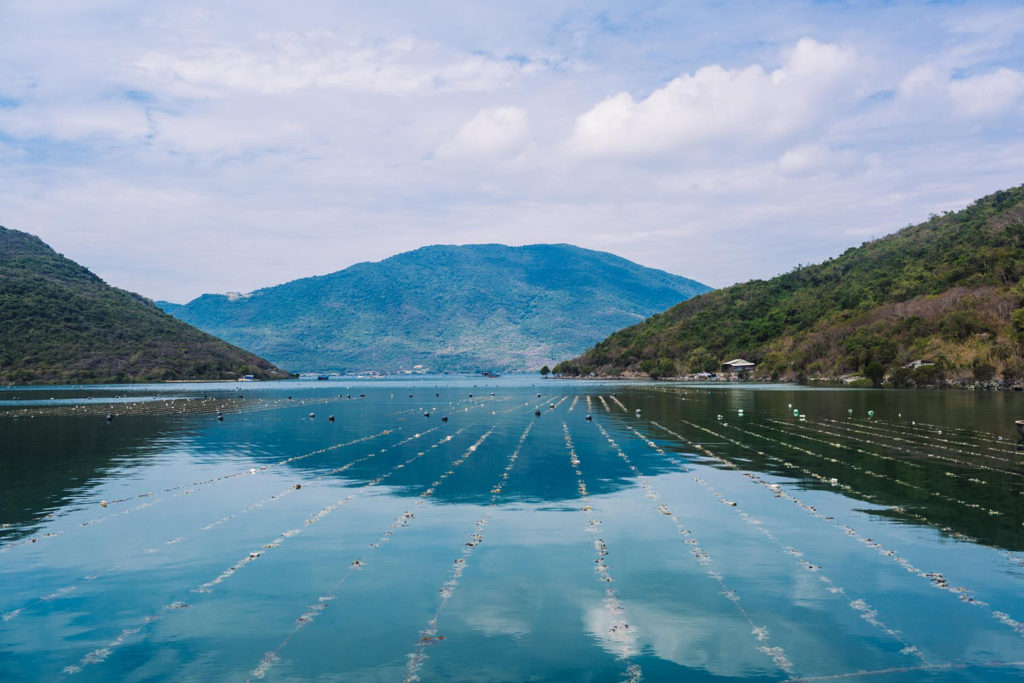
Responsibility
Beefing up seaweed production to green up beef
Josh Goldman is on a mission to reproduce asparagopsis, a tropical seaweed that could have a significant impact on global greenhouse gas emissions.
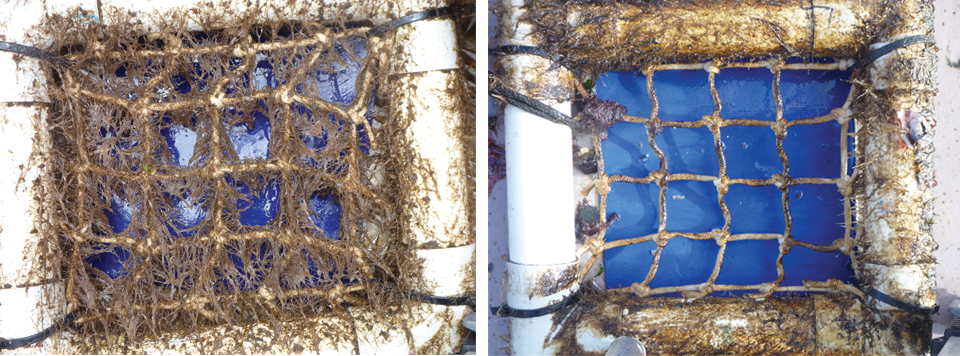
Responsibility
Tasmanian salmon farms examine net biofouling to reduce impacts
Greater knowledge of fouling organisms and their settlement can help lead to greater effectiveness for cage net-cleaning machines. If cleaning is done regularly at certain times of the year, biofouling may be easier to remove or kept from settling on nets.
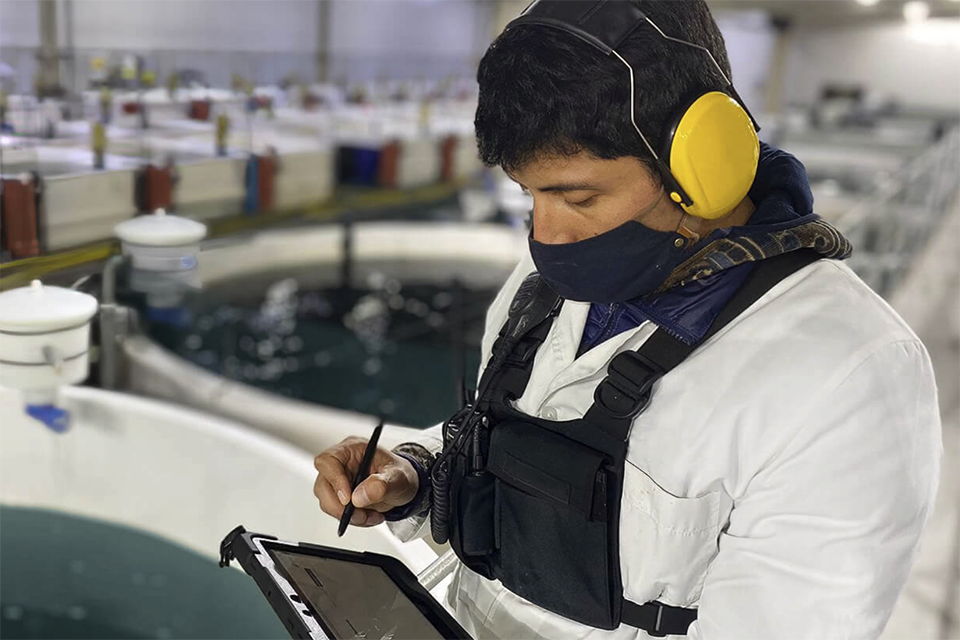
Innovation & Investment
Ecto raises $7m investment to develop ‘game changer’ data platform for aquaculture
U.S. digital biology company Ecto has raised $7 million, led by Aqua-Spark and Rabobank, to develop data infrastructure for aquaculture.
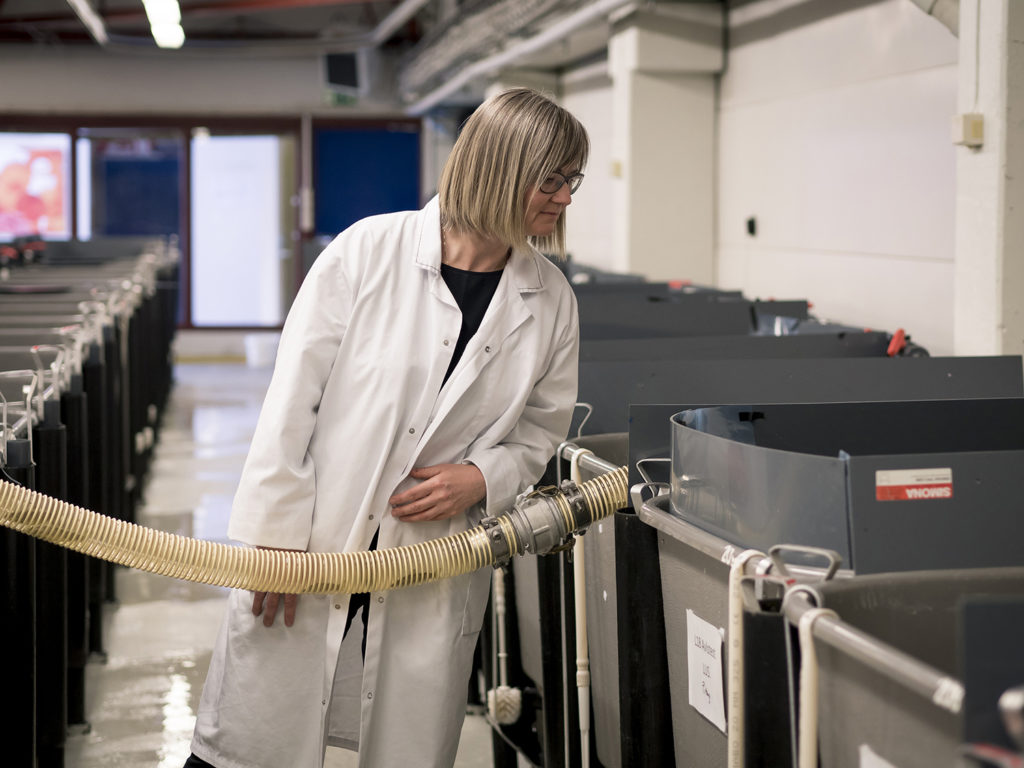
Innovation & Investment
AquaGen CEO: Genomics are transforming aquaculture
The CEO of AquaGen knew that the Norwegian research group’s work in genomics was key to the salmon industry’s future. And that was before she even worked there.



